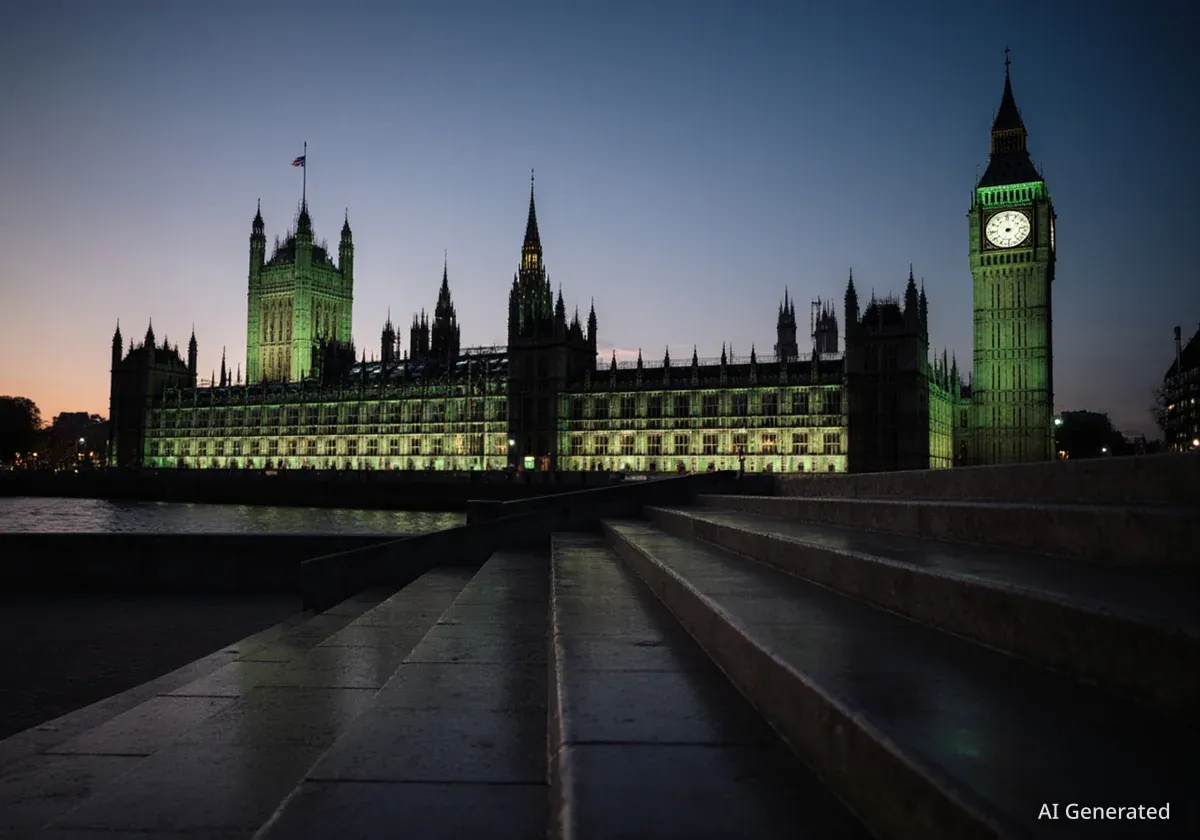A recent survey reveals a significant gap between the issues Swiss citizens prioritize and the topics receiving extensive attention in the federal parliament. While healthcare costs remain the top concern for the public, national defense and gender equality are seen as overemphasized in political discourse.
Key Takeaways
- Krankenkasse premiums are the top concern for 40% of Swiss voters.
- Only 12% view national defense as a major challenge.
- Gender equality is considered overemphasized by 43% of respondents.
- Climate change is also seen as receiving too much attention by nearly one-third of the public.
Healthcare Costs Dominate Public Concerns
The cost of health insurance premiums, known as Krankenkasse premiums, stands out as the most pressing issue for Swiss voters. According to the SRG election barometer survey conducted by Sotomo, 40% of over 32,000 eligible voters identified these costs as their primary concern. This finding highlights a consistent financial pressure on households across the country.
Following health insurance premiums, other significant issues for the Swiss population include immigration, relations with the European Union, climate change, and asylum policy. These topics reflect a range of economic, social, and international considerations that shape public sentiment.
Key Public Concerns
- Krankenkasse Premiums: 40%
- Immigration: High concern
- EU Relations: High concern
- Climate Change: High concern
- Asylum Policy: High concern
National Defense Seen as Overrated
Despite ongoing discussions in the federal parliament about national defense, the public views this topic differently. Only 12% of respondents consider national defense a major challenge for Switzerland. This figure is only slightly higher than a year ago, suggesting a stable perception among citizens.
A quarter of those surveyed believe that national defense currently receives too much attention. Michael Hermann, CEO of Sotomo, expressed surprise at this result.
"We feel that we enjoy internal protection and feel very safe, surrounded by NATO countries," said Michael Hermann.
This sentiment suggests a widespread feeling of security among the Swiss population. The findings from Sotomo align with results from another SRG-commissioned survey by GFS Bern, which included over 55,000 participants. In that survey, only 6% considered a military attack a "very strong" threat to their personal safety. Only job loss due to technological advancements was seen as less threatening.
Defense Discussions in Parliament
Discussions about military readiness in Switzerland have been ongoing, especially after Russia's invasion of Ukraine. Federal Councillor Martin Pfister, head of the VBS (Department of Defence, Civil Protection and Sport), held a media conference in May 2025 regarding security policy. However, public perception shows a disconnect from the intensity of these political debates.
Climate Change and Gender Equality: Perceived Overemphasis
Beyond national defense, two other topics are perceived by the public as receiving excessive attention in public discourse: climate change and gender equality. Nearly one-third of respondents believe that climate change receives too much attention. However, gender equality stands out as the most "annoying" topic for the public, with 43% of respondents indicating it receives too much attention.
Michael Hermann of Sotomo provided insight into why gender equality evokes such strong reactions.
"This is a topic that emotionalizes many people and bothers many. Especially when it comes to the issue of language. It is a very personal topic. One is directly affected. Questions of role division arise at home. It is a topic with great annoyance potential that many explicitly name because they want to hear less about it," Hermann explained.
This suggests that while gender equality is a significant social and political issue, its public presentation and discussion may be causing fatigue or frustration among a large segment of the population.
Public Sentiment on Overemphasized Topics
- Gender Equality: 43% believe it receives too much attention.
- Climate Change: Nearly 33% believe it receives too much attention.
- National Defense: 25% believe it receives too much attention.
Implications for Political Representation
The survey results indicate a potential misalignment between the priorities of Swiss citizens and the focus of their elected representatives in parliament. While politicians may emphasize certain topics, the public's daily concerns revolve around different issues, primarily economic pressures like health insurance costs.
The findings suggest that public representatives may not always accurately gauge the sentiments of the population. Understanding this gap is crucial for effective governance and ensuring that political agendas truly reflect the needs and concerns of the electorate. This divergence raises questions about how well the federal parliament connects with the everyday realities of Swiss households.




